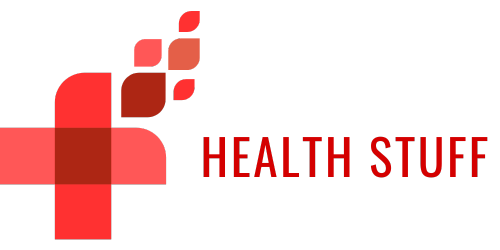Do you know what Natural Language Processing is and how it improves communication with patients?
Natural language processing engine in communication with patients

Communication with patients has always been a critical part of healthcare systems around the world. With well-established communication, health clinics can build better relationships with their patients and provide their services in a more efficient manner. Furthermore, good communication with patients enables them to have easier and faster access to the different services provided by health clinics. We are going to cover how new technologies such as natural language processing engines can help clinics improve their communication with patients. In order to do this, we will first cover what an NLP is and how it functions and then look into all of the different ways NLP engines can help health clinics around the world.
Natural language processing - The basics
So, to begin with, let us first briefly define and explain Natural language processing. NLP is a branch of artificial intelligence(AI) that primarily focuses on helping computers understand human language and conversations. Because of the incredible speed at which new technologies are evolving, healthcare systems around the world have begun utilizing the power of AI technologies. NLP engines have the ability to go through a huge amount of data, namely a lot of unstructured data. In addition to this, NLP essentially analyzes the grammatical structure of sentences as well as the individual meaning of words. It then uses algorithms to extract meaning and deliver outputs.
To put it simply, NLP makes sense of human language and it does so in an effort to perform certain tasks. As you might have guessed already, the most popular examples of NLPs are virtual assistants. Chatbots also work via NLP engines however, it is important to note that the function of NLP is not applicable to every chatbot.
The advantages of conversational AI
As mentioned above, a great number of different companies use the power of AI. Chatbots have become very common across the world and have been utilized for a long time. However, regular chatbots are not going to work in the healthcare process. Communication is essential in the world of healthcare and regular chatbots do not have the ability to communicate with patients in a meaningful way. They might be good for Q&A-type conversations, but as we know, the conversation between a patient and a health clinic is much more deeper and complex. This is where NLP steps in. A healthcare-specific AI powered by an NLP engine can be trained and built to focus 100% on healthcare interactions and communication with patients.
Personalized communication is also a primary focus when it comes to interactions with patients. NLP engines are great for this because they can be trained to approach and communicate with each patient differently. This means that depending on the patient's age, medical history, needs, and used services, the NLP engine can figure out the best way to engage with that particular patient and form a truly meaningful conversation where a patient does not feel as if they are talking to AI.
For health clinics that have a ton of clients, AI in the form of an NLP engine can greatly improve the accessibility of their services and take on as many calls or messages as needed. AI does not have work hours and does not require a huge space unlike call centers for example. With its ability to constantly learn and develop, the NLP engine can handle plenty of questions throughout the day and tackle multiple patients at the same time.
How natural language processing helps clinics communicate with patients more efficiently
Being able to handle more patients throughout the day as well as manage busy schedules are all tasks that an AI can handle easily unlike regular call centers for example. Health clinics can benefit greatly from the use of conversational AI ie a natural language processing engine built 100% to manage healthcare interactions. A proprietary NLP engine such as the one built by Eniax allows for more proactive and humanized care for patients. Patients can easily and quickly engage in communication with this kind of conversational AI and not only receive the information they need related to their healthcare journey but also efficiently book or change appointments, make inquiries about the services a clinic offers, and a lot of other things from the comfort of their homes.
A dedicated human team that works hand-in-hand with a proprietary, AI can truly enhance and maximize the use of AI in healthcare and enable clinics to reach patients that are far away as well as establish more trustworthy communication. Better communication with patients means more satisfied patients and in turn, this means more new patients for the clinic. NLP can have various different applications in healthcare such as:
-
Effective and instant communication with patients through conversational AI,
-
Sentiment analysis,
-
Language translation(NLP engines can be trained to understand different languages),
-
Text extraction,
-
Clinical documentation.
NLP and communication with patients - In summary
In conclusion, it is safe to say that AI technologies are becoming more and more relevant in the world of healthcare. With the constant digitalization of the world around us, health clinics can benefit by applying natural language processing engines to communicate with their patients more efficiently. Thanks to its ability to constantly learn and improve, a dedicated team working with this kind of AI can help the NLP create systems that learn to perform tasks on their own effectively and get better through experience greatly lowering any risk of mistakes.
With conversational AI powered by an NLP engine, patients are able to engage in a meaningful conversation where they can receive all of the information they need quickly and accurately.
 English
English Español
Español